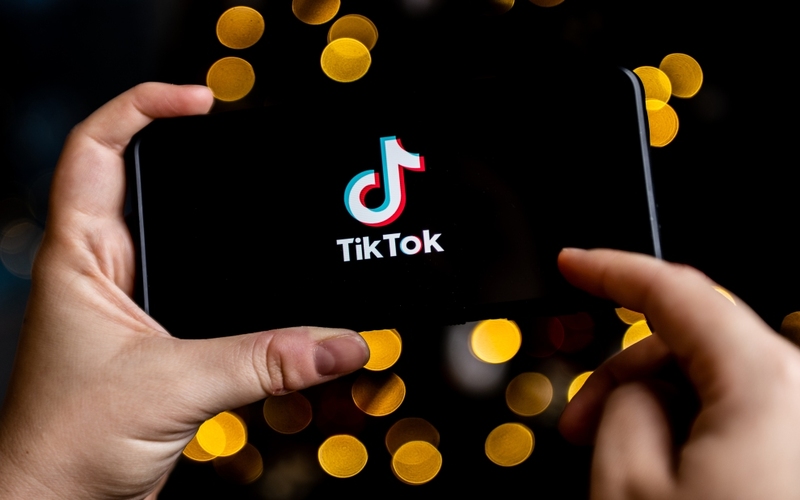Texas TikTok Ban Challenged: Protecting Academic Freedom and First Amendment Rights. In a recent lawsuit, in collaboration with the Coalition for Independent Technology Research, the Knight First Amendment Institute at Columbia University challenged the ban on TikTok in Texas, arguing that it infringes upon the First Amendment and compromises academic freedom. This article delves into the details of the lawsuit, the implications for academic institutions, and the importance of protecting free speech rights in the digital age.
Background of the Lawsuit
Greg Abbott, the governor of Texas, banned TikTok and initially ordered Texas agencies to remove the app from government-owned devices, which prompted the lawsuit. This ban has since been extended to public universities in Texas, leading to restrictions on campus Wi-Fi networks and school-owned devices, preventing faculty members from accessing and using TikTok for research and teaching purposes. The ban stems from concerns over data collection and disinformation associated with the app, particularly due to its Chinese ownership.
Upholding First Amendment Rights and Academic Freedom
The Knight First Amendment Institute and the Coalition for Independent Technology Research argue that the ban on TikTok violates the First Amendment rights of faculty members at public universities and hinders academic freedom. They contend that banning faculty from studying and teaching with TikTok is an unreasonable and unconstitutional response to data collection and disinformation concerns, suggesting that privacy legislation would be a more appropriate approach. Academic freedom is crucial for universities to foster an environment of innovation, critical thinking, and knowledge creation. It enables scholars and researchers to explore emerging technologies and platforms like TikTok to understand their impact on society better and inform public discourse.
Implications for Texas and Beyond
The outcome of the Texas lawsuit could set a precedent for similar bans on TikTok in other states. Public universities in Alabama, Arkansas, Florida, Georgia, Idaho, Iowa, Oklahoma, and South Dakota have already implemented measures to restrict TikTok, aligning with executive orders from their respective states. By challenging the ban in Texas, the lawsuit seeks to protect academic freedom and ensure that scholars and researchers across the country can continue studying and understanding the impact of TikTok. It is essential to strike a balance between addressing potential security risks and safeguarding the rights of individuals to access and explore digital platforms for academic purposes.
The Significance of TikTok in Today’s Society
TikTok has a prominent communications platform that influences culture and politics worldwide. With over 150 million monthly active users in the United States alone, it has become a platform of choice for creative expression, social interaction, and content creation. Scholars and researchers recognize the need to study TikTok comprehensively to gain insights into its societal impact, as it plays an increasingly influential role in shaping conversations and trends. By impeding researchers’ access to TikTok, the ban inhibits the understanding of potential risks and benefits associated with the platform, hindering the advancement of knowledge in this rapidly evolving digital landscape.
Conclusion
The lawsuit challenging the ban on TikTok in Texas highlights the importance of upholding First Amendment rights and protecting academic freedom. The ban hampers the exploration of emerging digital platforms by preventing faculty members at public universities from accessing TikTok for research and teaching purposes. It restricts scholars from studying the impact of TikTok on society. As the lawsuit progresses, its outcome will have implications for Texas and other states grappling with similar bans. Balancing security concerns with preserving constitutional rights is crucial in shaping policies that promote innovation, knowledge creation, and informed public discourse in the digital age.



















































